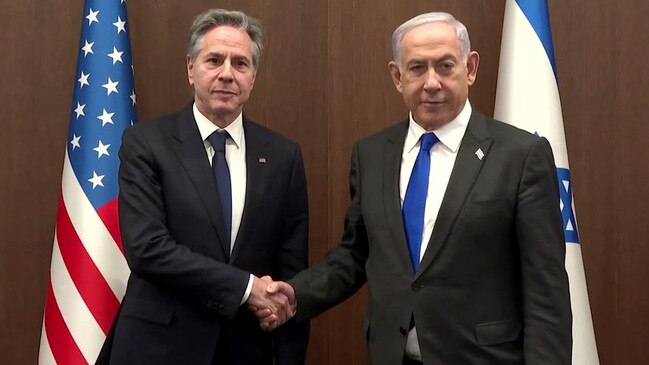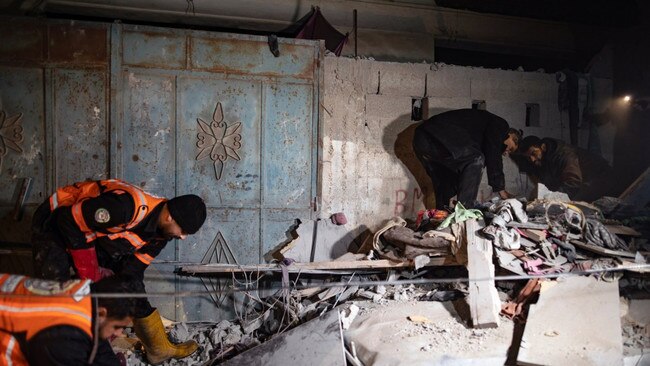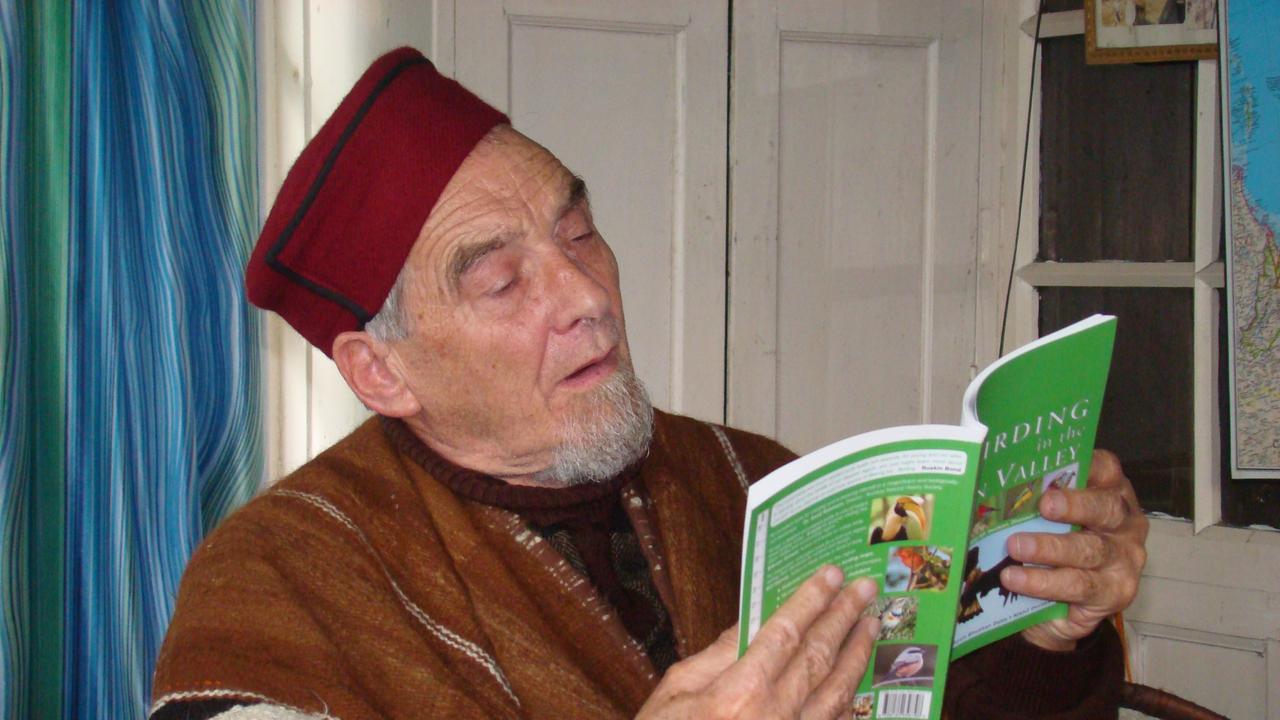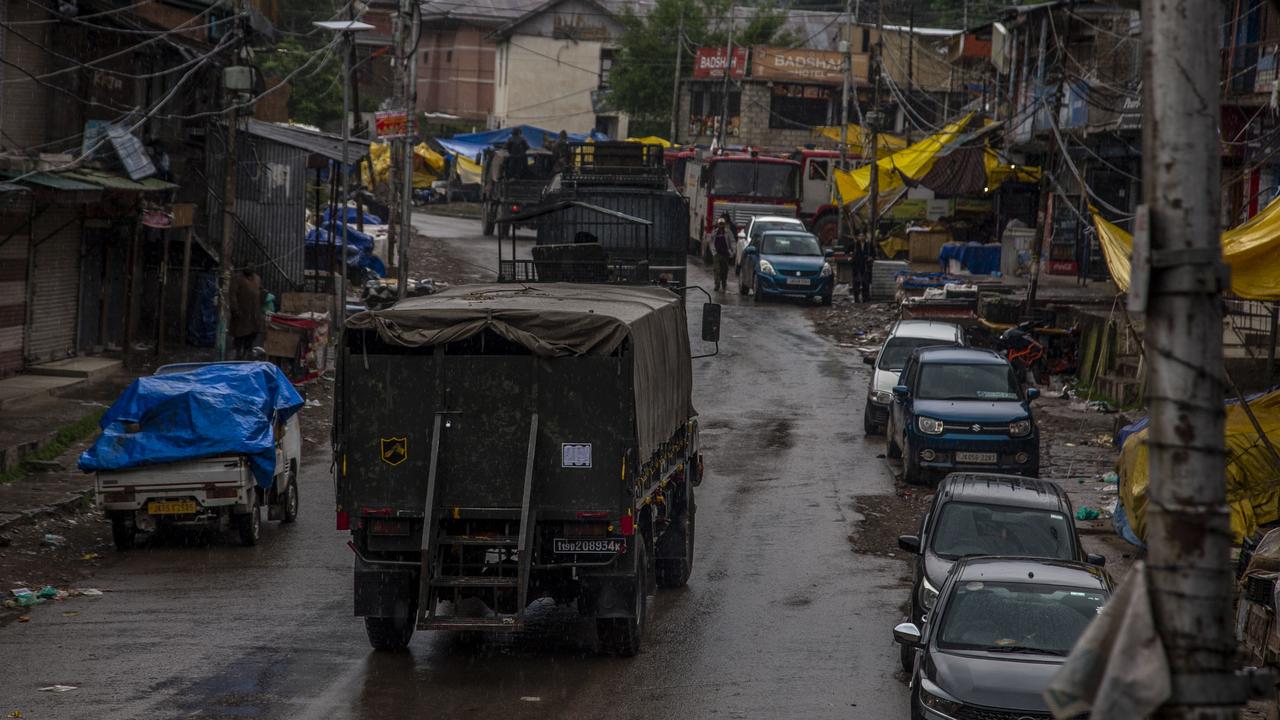Rafah offensive skewers US attempts at truce
Benjamin Netanyahu’s announcement of imminent military action on the border town is a setback to truce negotiations.

Antony Blinken, the US secretary of state, embarked on his fifth tour of the Middle East this week full of hope.
Ceasefire negotiations were poised at a delicate phase and it was thought that one final diplomatic push might get a deal over the line.
A truce in Gaza might even have helped douse the fires that have erupted all over the region since October 7. If the US desire for an end to the fighting was apparent before, then the deaths of three soldiers in Jordan at the hands of an Iranian-backed militia last month added further impetus to negotiations.
But Benjamin Netanyahu’s announcement of an imminent offensive in Rafah – once Gaza’s southernmost city but now transformed into vast refugee camp of 1.5 million people – suggests US diplomatic efforts are failing.

Air strikes on Rafah last weekend and a warning that the last four battalions of Hamas fighters had retreated south were obvious signs that the Israeli prime minister intended to attack.
Netanyahu’s press conference on the night of Blinken’s departure from Tel Aviv in which he rejected Hamas’s ceasefire proposals and vowed to attack Rafah was staggering in its sheer effrontery to US diplomatic efforts. Facing calls for restraint from the US and demands of further aggression from extreme-right ministers threatening to collapse his coalition government, Netanyahu has picked a side by attacking Rafah, and it is not the one the White House had been hoping for.
Netanyahu appears to have calculated that his ministers Itamar Ben-Gvir and Bezalel Smotrich threaten his survival more than President Joe Biden.
The Times






To join the conversation, please log in. Don't have an account? Register
Join the conversation, you are commenting as Logout